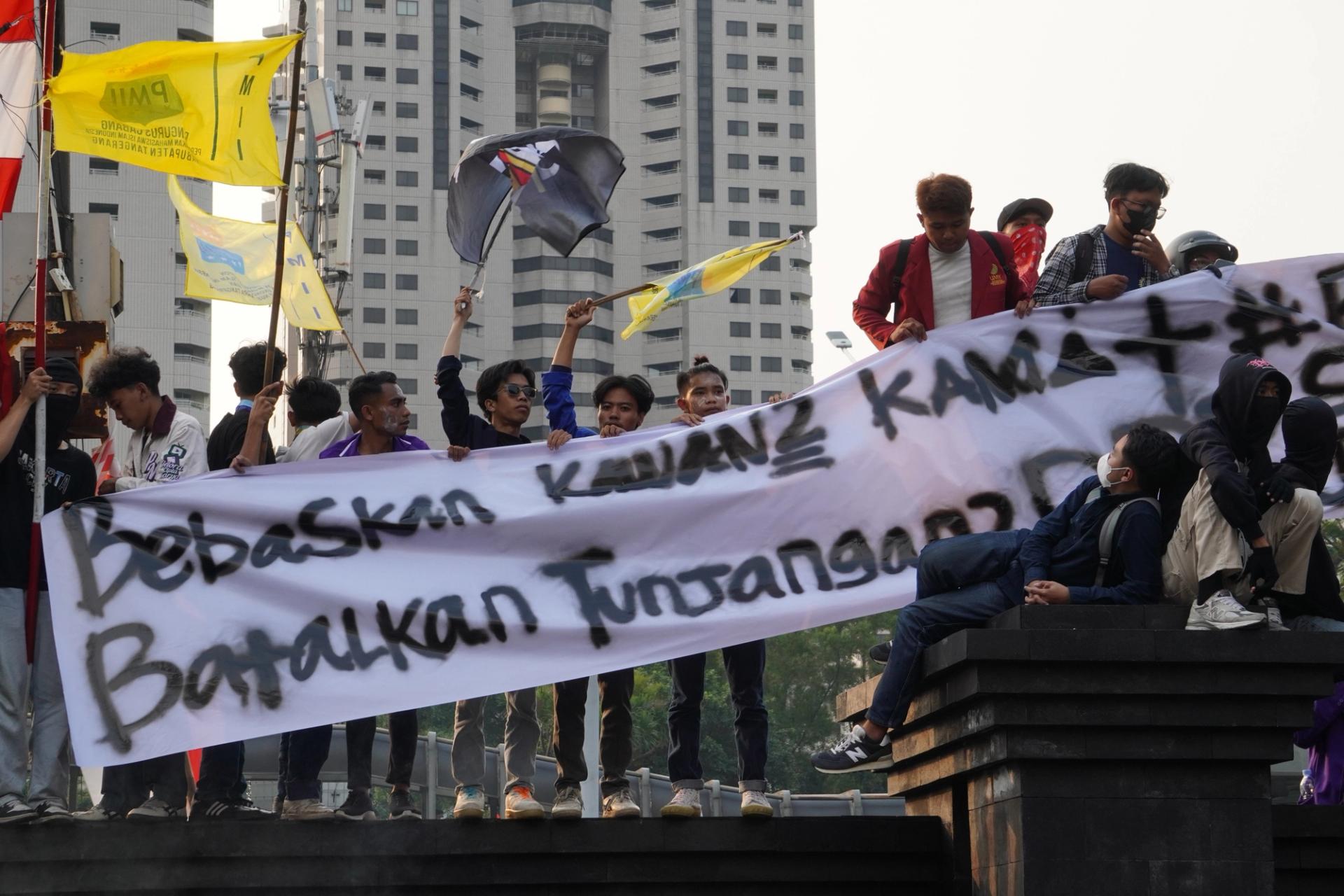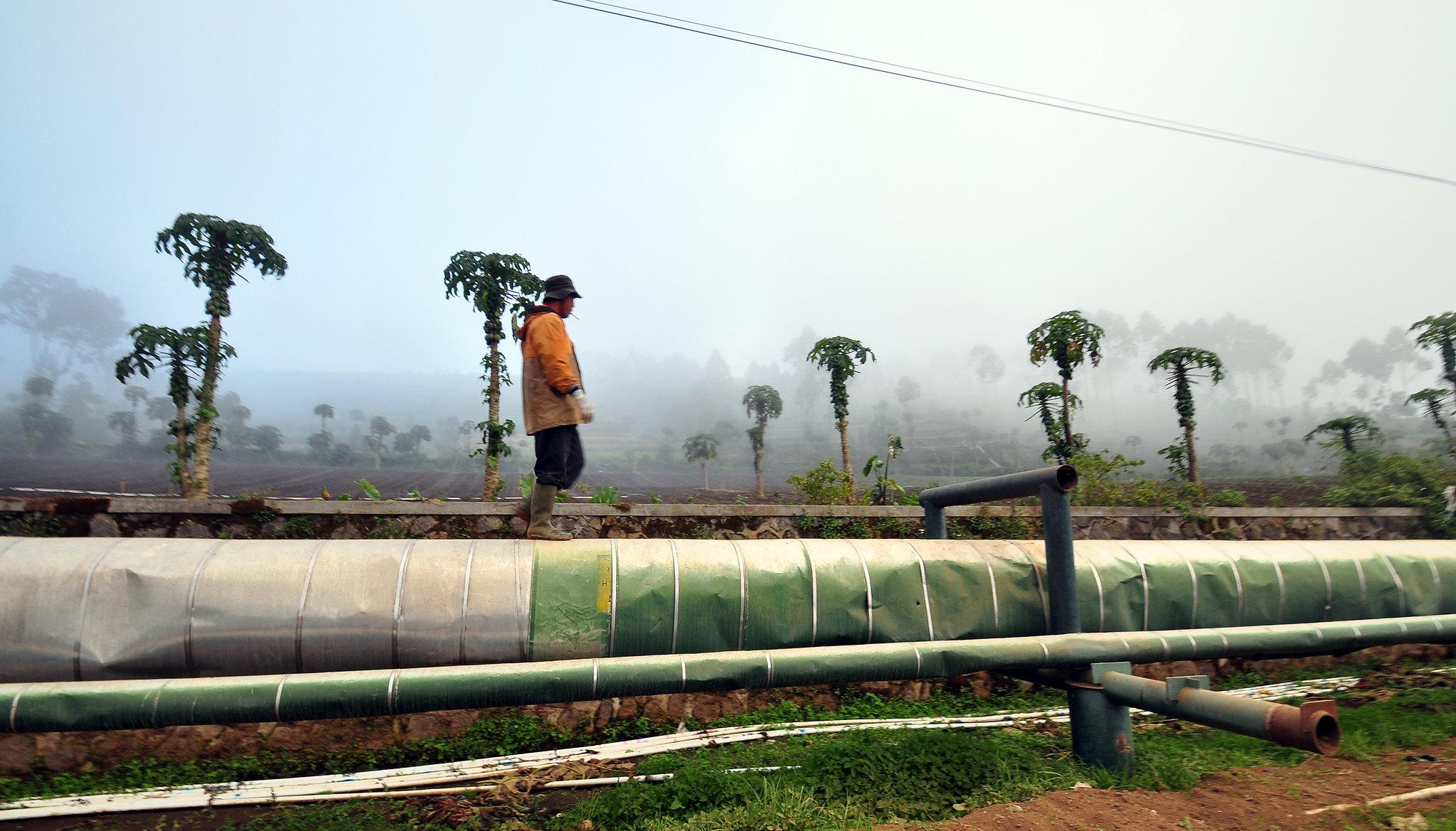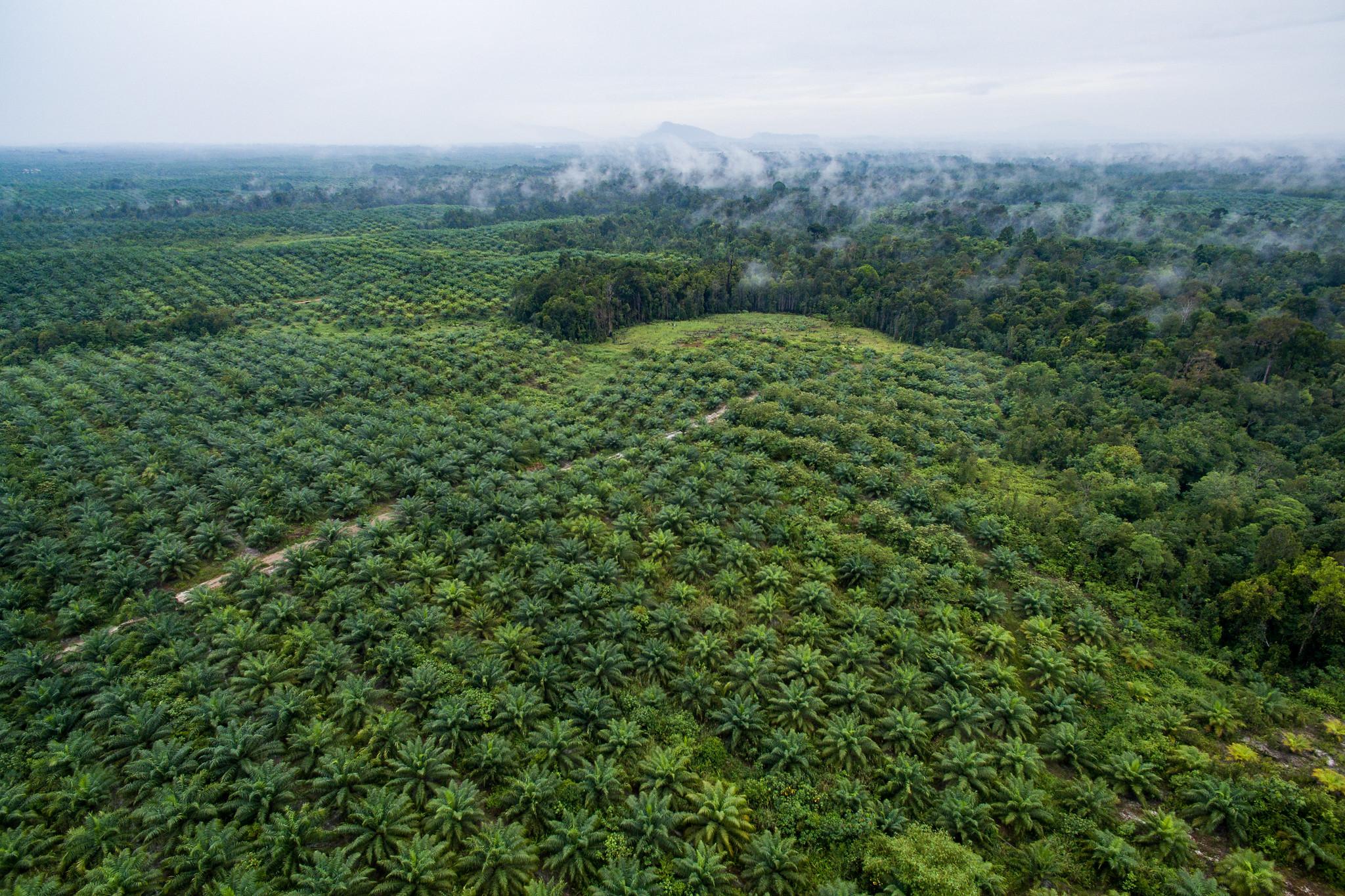Blog
Unrest in the world’s third largest democracy

Demonstrations and violence have marked Indonesia in recent weeks. The people accuse the government, which had promised to address inequality and corruption, of itself abusing power and securing privileges.
(This text was first published in the Norwegian news website Panorama, 10 September 2025. Translation provided by U4.)
Less than two years after the election, President Prabowo Subianto is facing his first major test as Indonesia’s leader.
He was elected in 2024 after promising economic growth and more jobs, which earned him broad support among younger voters.
But in recent weeks, his government has been met with nationwide civil unrest. Some commentators have compared the situation to Suharto’s fall in 1998.
What began as peaceful protests in Jakarta was triggered by the controversy over housing allowances for parliamentarians – a scheme amounting to almost ten times the minimum wage that contrasts heavily with the government’s recent austerity measures. And when motorcycle taxi driver Affan Kurniawan (21) died after being run over by an armoured police vehicle on 28 August, the unrest spread to 32 provinces across the country.
Looting, arson, and extensive police operations have so far left 10 dead, 20 missing and thousands imprisoned or injured.
How could the unrest spread so quickly?
Widespread perceptions of inequality and elite corruption are pointed to as factors that fuelled the unrest.
The live sparks of parliamentary privileges and police brutality stoked underlying social anxieties, especially among those already struggling to make ends meet.
These were precisely the conditions Prabowo’s government had promised to confront, by tackling elite corruption and promoting more accountable governance. Where did it go wrong?
Our research shows that part of the answer is that the government fell into a trap seen in many populist regimes around the world: it promised to confront a ‘corrupt elite’, but continued to interfere with the country’s laws and institutions, leading to allegations of abuse and bias
Meanwhile, the police were increasingly perceived as an organisation shielding political elites, rather than one promoting public order.
Lessons after Suharto’s fall
To understand the current unrest, we must rewind to one of the more promising aspects of Indonesia’s democratic reforms after Suharto’s fall: the establishment of the anti-corruption body – KPK.
This agency, which began operations in 2004, was granted substantial autonomy in its human resources management – a means to ensure integrity among employees and in the organisation as a whole.
This, together with broad public support, was crucial in building KPK’s strong position. The agency brought more than 700 cases, most of which resulted in convictions against members of both national and regional political elites.
The success, however, also led to a strong backlash against KPK, with resistance from the judiciary, personal attacks on KPK staff, budget cuts, and attempts to limit KPK’s authority through new legislation.
In fact, KPK’s independence was undermined through new legislation under former president Joko Widodo’s term, with many of its staff dismissed.
Cracks in the promise to counter corruption
Both during the campaign and after he was elected, Prabowo presented himself as a charismatic leader capable of tackling Indonesia’s deeply entrenched corruption.
Indeed, a number of high-profile corruption cases have been pursued by the attorney general and KPK during this period. These cases involved state losses that together exceed all corruption cases from Suharto’s fall to the end of Widodo’s presidency.
And yet, rather than reassuring the population, the cases exposed the wealth of the elite to ordinary Indonesians. Politicians have also become increasingly open about their luxurious lifestyles on social media. And repressive laws are used to silence political opponents.
Prabowo’s pardoning of the corruption convictions of Hasto Kristiyanto, secretary-general of the Indonesian Democratic Party of Struggle (PDI-P), and Thomas Lembong, a supporter of Prabowo’s main rival in the 2024 election, have been criticised as ‘legal politicisation’ that could further erode public trust in the rule of law.
Several commentators argue that it remains to be seen whether Prabowo’s government will crack down on the truly major corruption cases – also when they touch his own Red and White coalition.
The causes of the unrest in Indonesia are many and complex. But the gap between the government’s anti-corruption rhetoric and reality is a central explanation. Strengthening KPK’s independence and reinforcing the anti-corruption law are therefore central among the people’s 17 short-term and 8 long-term demands.
Disclaimer
All views in this text are the author(s)’, and may differ from the U4 partner agencies’ policies.
This work is licenced under a Creative Commons Attribution-NonCommercial-NoDerivatives 4.0 International licence (CC BY-NC-ND 4.0)

